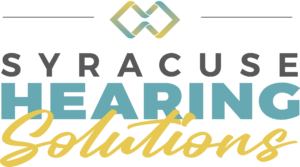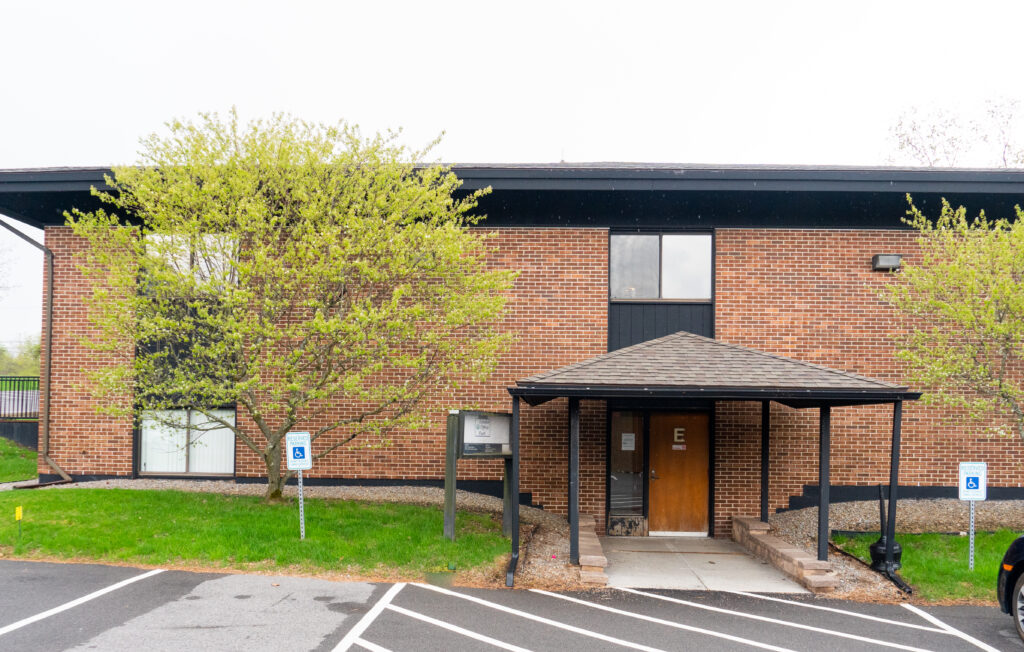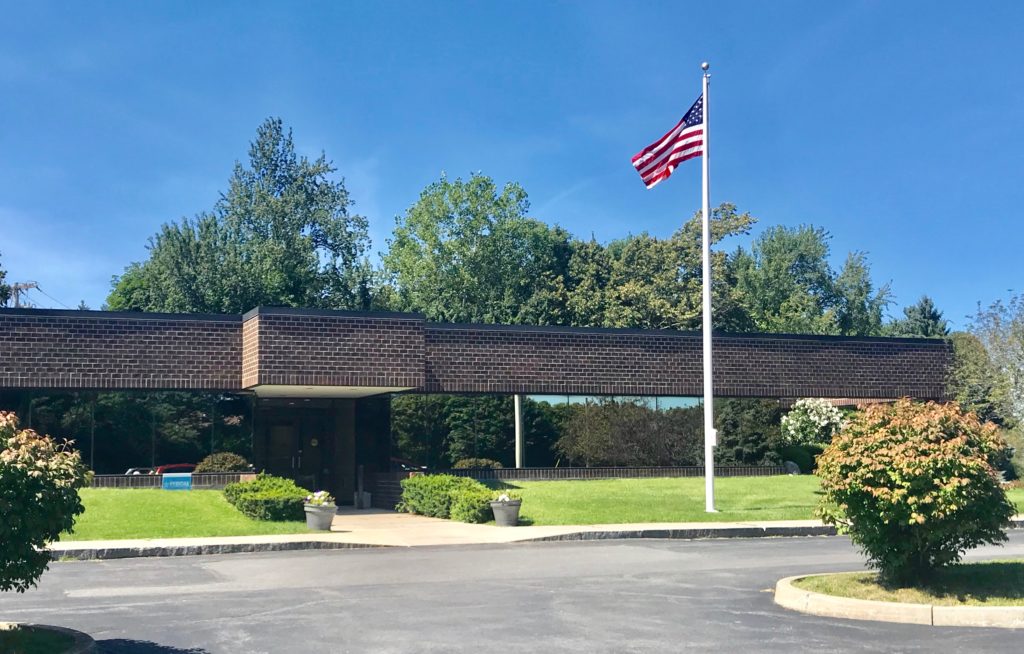The Relationship Between Hearing Loss and Substance Abuse In The United States
By digitaljoe
As the opioid crisis ravages American communities in unprecedented levels, victims, elected officials, and medical professionals are looking for answers. Drug overdoses claimed the lives of over 70,000 Americans in 2018 and that number is on the rise as fentanyl and prescription drug usage grew across all ethnicities and genders, causing the United States government to declare opioid abuse a national health emergency. Alongside the opioid epidemic, 88,000 people die from alcohol-related deaths annually, becoming one of the deadliest preventable deaths in the country. Though these issues are complex with no simple causes to be pinpointed, new studies are finding startling correlations between those with hearing loss under the age of 50 and the rise of opioid and alcohol abuse.
How Can Hearing Loss Lead To Alcohol and Opioid Abuse?
According to a newly published 2019 study conducted by researchers at the University of Michigan and the VA Ann Arbor Healthcare System, adults under the age of 35 that suffered from varying degrees of hearing loss were found to be 2 and a half times more likely to “have a prescription opioid use disorder”. Similar to those under the age of 35, those aged 35 to 49 were almost twice as likely as their hearing age group to suffer from disorders synonymous with prescription opioids and alcohol abuse. Though economic and psychological factors play a part in the national conversation, this study found that adjusting for these factors between hearing and hard of hearing populations did not change the rates at all.
According to Michael Mckee, MD, MPH, who was the lead researcher and head of the University of Michigan Deaf Health Clinic, the correlation between hearing loss patients and substance abuse is suspected to stem from an eagerness to prescribe prescription drugs rather than determining an integrative treatment plan with an audiologist, or engaging with an often complex communication process between hearing and non-hearing patients.
Another factor is the wide range of social and behavioral complications that can result, especially in children, with hearing loss diagnoses. Due to hearing impairment, participating in social norms is often a difficult and frustrating process, leading to social isolation, anxiety, and depression, and ostracization. This is compounded during critical social and behavioral development in children, with the possibility of life-altering disabilities. The link between social disorders often caused by hearing loss such as depression and substance abuse is clear, as the Journal of Clinical Psychiatry estimates that 1 in 3 adults suffering from substance abuse also suffers from depression.
What Is The Solution?
Reiterating that link, Dr. Mckee’s University of Michigan study claims that lack of access to addiction-related services for the deaf and hard of hearing may play a role in exacerbating the crisis. Early intervention and formulating an integrative plan between doctors and mental health counselors can help those suffering from hearing loss and resulting depressive disorders partly responsible for the substance abuse crisis that is sweeping the nation.


